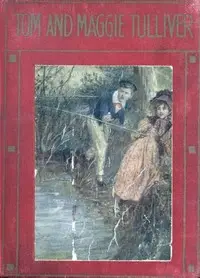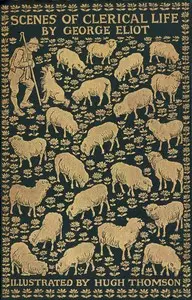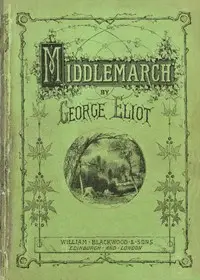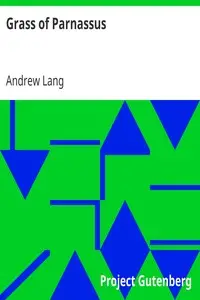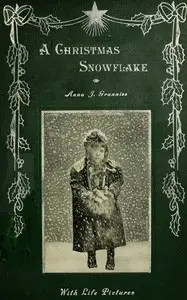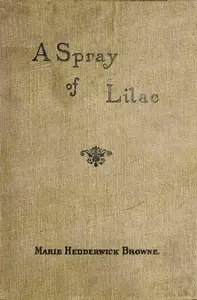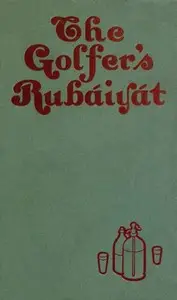"How Lisa Loved the King" by George Eliot is a narrative poem written during the late 19th century. The poem transports readers to a historical setting in Sicily, where themes of unrequited love and chivalry play a central role. Through the lens of a young girl named Lisa, the poem explores her profound admiration for King Pedro of Aragon and the emotional turmoil that ensues from her lofty affections. The story follows Lisa, a gentle and modest daughter of a wealthy trader, who falls deeply in love with King Pedro during a grand festival in Palermo. Despite her family's hopes for her to marry an honorable man, Lisa's heart yearns for the king—a figure of noble strength and greatness. As Lisa's love grows, so does her despair when she believes her feelings can never be reciprocated. However, her plight reaches the king indirectly through a singer named Minuccio, who conveys Lisa's passionate message. Upon learning of her suffering, King Pedro is moved by her love and vows to honor her, ultimately bringing joy and recognition to Lisa's devotion. The narrative culminates in a celebration of love that transcends class, showcasing both chivalric ideals and the power of genuine affection. (This is an automatically generated summary.)
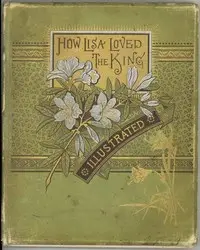
How Lisa Loved the King
By George Eliot
"How Lisa Loved the King" by George Eliot is a narrative poem written during the late 19th century. The poem transports readers to a historical settin...
Mary Ann Evans, known by her pen name George Eliot, was an English novelist, poet, journalist, translator, and one of the leading writers of the Victorian era. She wrote seven novels: Adam Bede (1859), The Mill on the Floss (1860), Silas Marner (1861), Romola (1862–1863), Felix Holt, the Radical (1866), Middlemarch (1871–1872) and Daniel Deronda (1876). As with Charles Dickens and Thomas Hardy, she emerged from provincial England; most of her works are set there. Her works are known for their realism, psychological insight, sense of place and detailed depiction of the countryside. Middlemarch was described by the novelist Virginia Woolf as "one of the few English novels written for grown-up people" and by Martin Amis and Julian Barnes as the greatest novel in the English language.

